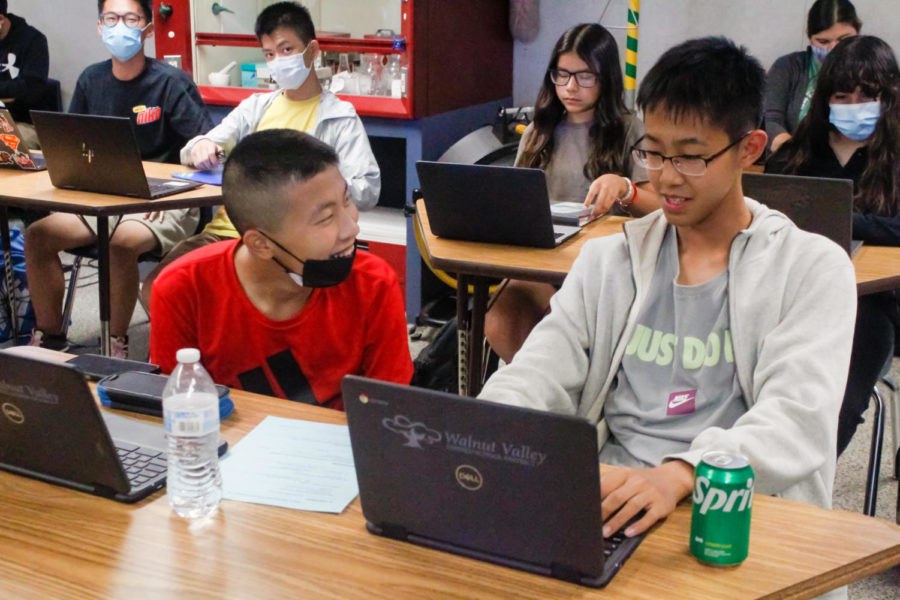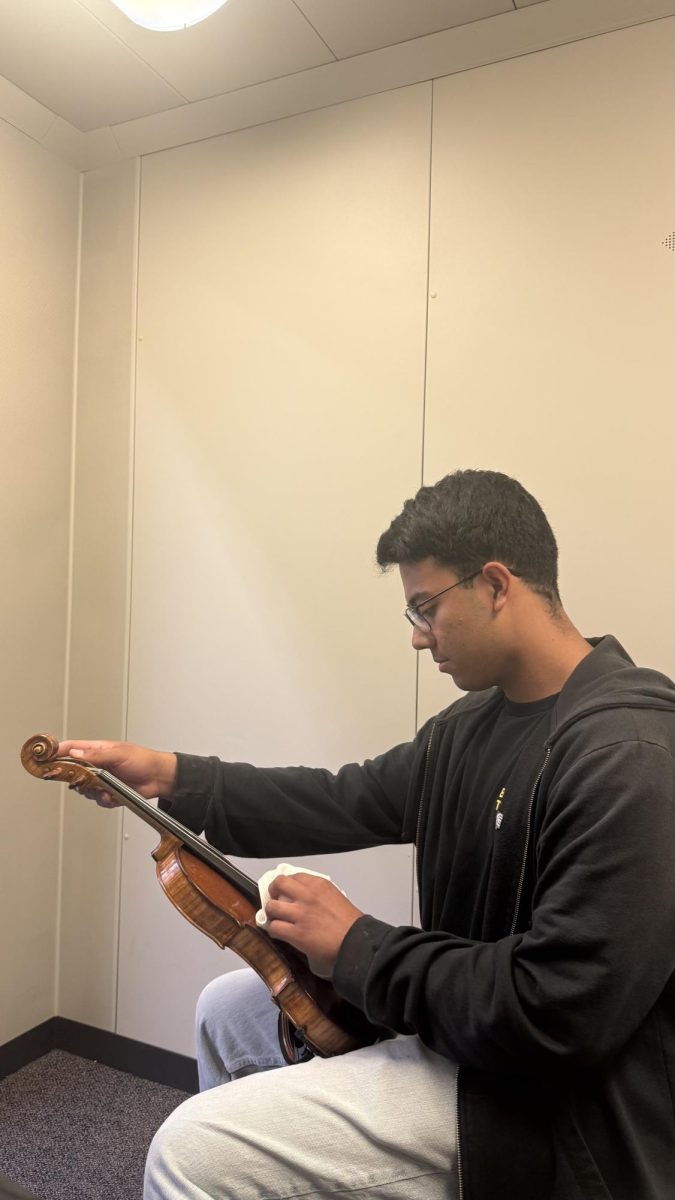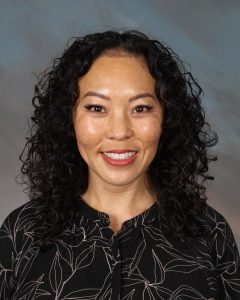A home away from home
September 27, 2022
He adjusts his glasses as they slip down his face. He looks around the campus, confused and nervous, but a certain sense of excitement rises up in him. The mind that was constantly burdened by worries about academics now had an escape.
Junior Mingke Jiang moved to the U.S. nine months ago, attending school in La Habra, before coming to the Walnut area six months ago. With La Habra having a generally non-Asian school body, the predominantly Asian population of Walnut brought Jiang some comfort. In addition, the casual Western style of education such as lighter work loads and lenient teachers also lessened the burden of being in a new environment.
“It was good, everybody is really friendly and [they] help me a lot. There’s a lot of Chinese students so it’s easy to get along with them and [understand] the rules. [Compared to] Chinese teachers, [the teachers here] are very easygoing and don’t push you or [make it] very stressful. They talk to you like friends [talk] to each other,” Jiang said.
In contrast to Walnut, a sea of unfamiliar faces and fast-paced speech prevented Jiang from assimilating into the student body at La Habra.
“There weren’t that many Chinese people at La Habra. Generally, it was easier here for me and my dad, because my dad doesn’t know English. There really were not a lot of Asian people [in La Habra] so it was hard for me,” Jiang said. “Unlike at Walnut, there were no Chinese people to help guide me if I had struggles.”
However, Jiang’s experience with non-Chinese speakers did not come to him as a complete negative.
“A lot of students were curious. There were not a lot of Chinese people who also weren’t good at English,” Jiang said. “They asked me a lot of questions about what China was like and I taught them a lot of Chinese. And also when the people around you don’t understand Chinese it’s easy to learn English that way because you have to speak English.”
In addition, when Jiang came to the U.S. he was surprised by the independence that American students have.
“In China, you can’t bring your phone to school. It’s funny to see everyone have their phones out when I’m used to stricter rules,” Jiang said. “I also find it really interesting that students can drive themselves to school. In China, you see, even some college students don’t have a driver’s license because they don’t need it because you can walk everywhere.”
Although Jiang has his own struggles with the U.S., there were also a multitude of struggles in his hometown of Changchun. In China, entrance exams for high school become of intense importance.
“In China, students feel really stressed. We have to start at 6:30 a.m. to 6:30 p.m. There’s a lot of homework and you need to at least finish it by 11:30 p.m. We have a lot of tests and the parents push us because of the environment,” Jiang said. “If you don’t take a good high school entrance exam, you can’t go to a good college and basically your life is over. So there’s a lot of academic pressure.”
Outside of school, Jiang’s parents also played a part to put stress on his academic life in China.
“In elementary school, it was easier to have a better relationship with my parents when we weren’t worrying over school, but when middle school started there were some arguments and disagreements,” Jiang said. “Society puts pressure on the teachers, teachers put pressure on the parents and parents put pressure on the students. There’s a lot of problems that arise.”
When Jiang came to the U.S., he left his mother and came only with his father. In addition to becoming more independent with this change of life, Jiang’s parents’ attitudes also shifted.
“In comparison to the other parents in China, my parents are less strict. But in comparison to the people here they’re a lot stricter,” Jiang said. “My parents are a lot nicer to me in America, mainly because you’re more independent. In American schools, you have more control over what you do and what you get on tests and assessments.”
In the future, Jiang hopes to try a variety of new activities that were not available in China, such as joining the basketball team, guitar club and going to various dances to meet new people.
“I want to improve my English so I want to reach out to more people, especially those who don’t speak Chinese,” Jiang said. Ω











